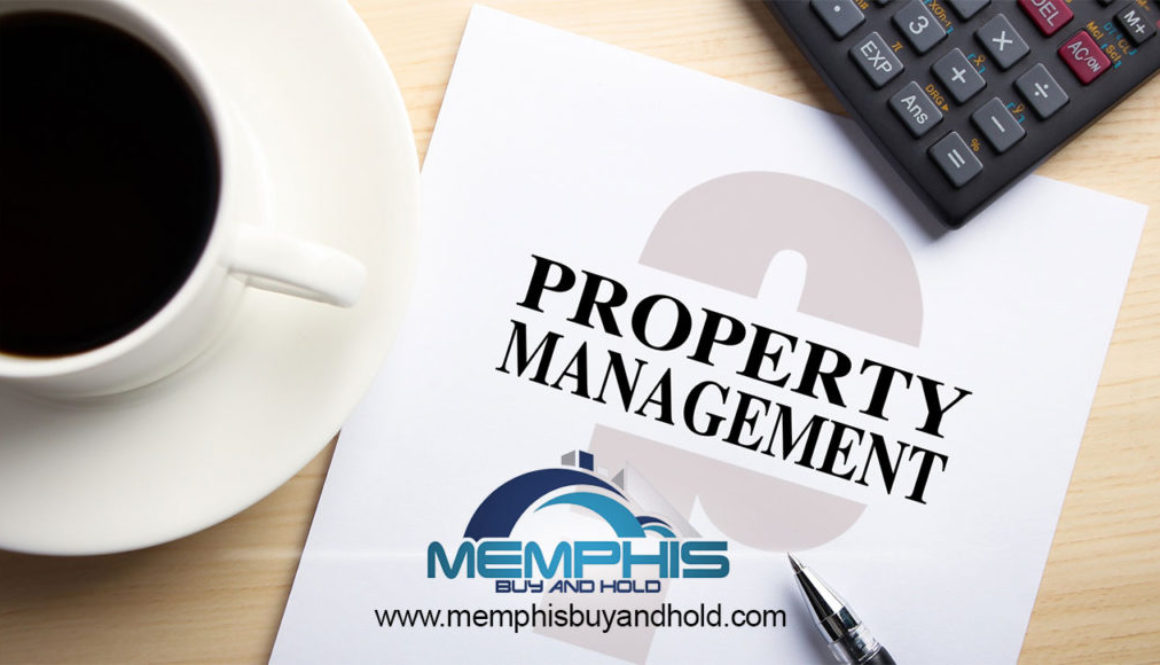
Owning investment real estate is a great option for those looking to make a longterm commitment as opposed as a shortterm speculation. The management of such investment should always be trusted to professionals who are dedicated and committed to the industry and know how to deal with complex situations that are otherwise commonly ignored by inexperienced landlords.
It is of the utmost importance that property owners know how to select and interview the property management company that best seems to specialize in the kind of investment that they are looking to have managed.
If you are unsure what to ask your potential property manager before you sign a long term agreement with them, here are some questions that you can use as a guideline.
- What kind of property management experience do you have? You need to know for how long they have managed property and whether they have enough back up from the rest of their group.
- How many properties do you currently manage? Hiring a property manager that handles several thousand units could be somewhat risky as your property might end up lost in an ocean of other properties.
- How often do you inspect occupied and vacant units? It is important to know the frequency of inspections in occupied units. The reasons why you need to know this information is because you need to be assured that there will be a comprehensive assessment of potential damage to occupied units that has been caused by tenants. You also need to know the frequency of inspection though vacant units to prevent any potential risk of fire or other casualties. Trust me, I have seen fires occur in vacant units.
- What do you do with the information obtained from unit inspections? This is particularly important to ask because you need to make sure that the property management company has policies in place regarding the payment of damages to units caused by tenants or their guest. It would be of no benefit at all if they just report to you that all units were inspected, if they do not not have an aggressive plan of action based on unit inspections.
- How important is preventative maintenance to you and how is this handled by your company? Extensive and costly deterioration can occur to properties if there isn’t a preventative maintenance plan in place. Your property manager should keep a preventative maintenance log showing all items inspected and addressed as well as the signature of the maintenance supervisor acknowledging completion of all required tasks.
- How do you handle ongoing/daily maintenance? You need to know whether one or more dedicated maintenance technicians will be assigned to your property (based on the size of the property and number of units). It is also important to know the level of engagement of the maintenance supervisor (if any) and his role in ensuring that all maintenance issues are being addressed.
- After hours emergency handling. Have the property manager explain their process for handling after hours emergencies such as water leaks, fire or any other casualties. Ask whether there is an after hours phone number which tenants would have access to.
- Tenant Selection Plan. You need to know if the property manager has a Tenant Selection Plan that can be customized for your property. The TSP will help define the requirements that potential tenants would have to fulfill prior to renting a unit to them. You might also be want to be involved in the development of the rental criteria to ensure that only applicant who meet your requirements are approved. Keep in mind that you as well as your property manager are required to observe and conduct business based on Fair Housing Law. Your property manager should be absolutely familiar with what terms to use and which ones avoid when advertising your vacant units and when interviewing applicants.
- Transparency. How can I have access to review accounts payables, delinquency reports, collections, etc. You as the property owner should define the frequency and types of reports that your property manager should make available to you.
- Property Market Analysis. Does your management team shop comparable properties to keep up to date with local occupancy rates, average rent rates, amenities offered, specials, etc.? Please be aware that not all property management companies provide this service.
- What is your area of specialty? It is important to keep in mind that there are several specialties within the property management industry. If you own commercial property, you should probably stay away from property managers that have experience managing only multifamily or condo properties. The most common areas of specialty in property management are: Single Family, Multifamily, Condo Associations, Cooperatives, Retail, Medical, Commercial and Industrial.
Management companies that specialize in the management of distressed and difficult-to-manage properties are usually capable of handling a broader spectrum of assets and engagement types, such as REO, Receiverships, and disputed assets.
Retaining the right property manager can enhance the value of your investment property while making your life easier as you don’t have to deal with the headaches that this activity often represents. If you have plans to expand your real estate investment portfolio it is definitely worth having a strong property management company on your side.
Memphis Buy And Hold is specializing in locating, purchasing, renovating and managing single-family and multi-unit properties and possesses from 2007 up to the present of experience in real estate investing and property management in the Memphis and Nashville markets.
- Memphis Property Management
- Memphis Turnkey Investment Properties
- DCC Rentals LLC
Discover more from Memphis Buy And Hold
Subscribe to get the latest posts sent to your email.



